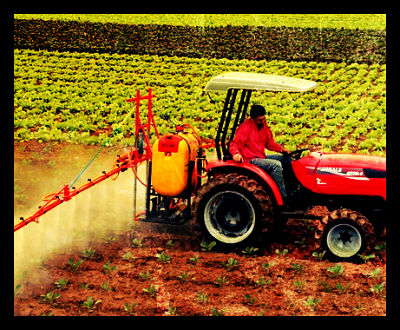Rural Poverty in Azerbaijan

Azerbaijan is a small Central Asian country about the size of South Carolina bordered by The Caspian Sea, Armenia, Georgia, Iran, and Russia. Similar to Russia, Azerbaijan’s heritage is derived from both Eastern and Western civilizations, making her a distinctly Eurasian entity. In the years initially following the Russian revolution of 1917, the victorious Bolsheviks invaded Azerbaijan, integrating it into the Soviet Union. This was an effort by Lenin to capitalize on the oil reserves of the Azerbaijanis.
Consequently, agriculture in Azerbaijan was collectivized. This caused agricultural workers to become dependent on a very specific, prescribed method of farming in which success depended upon the survival of the Soviet system. When the Soviet Union collapsed in the early 1990s and farms were privatized, agricultural workers were completely unprepared to grow crops on their own. This resulted in a situation in which uneducated farmers with limited resources were unable to maximize the productivity of their land.
Like other nations that declared independence after the fall of the USSR, Azerbaijan’s rural communities have struggled immensely to stand on their own two feet economically. Rural poverty is widespread, but it is especially concentrated in the desolate northeastern part of the country, with pockets also appearing in the mountainous northwestern region of Sheki-Zagatal where the poverty rate is over 50%. The International Fund for Agricultural Development (IFAD) describes the severity of the economic conditions there, stating:
“Remote areas and upland or mountainous areas show high rates of poverty. These areas often lack basic infrastructure and services, including irrigation, adequate road access, a reliable drinking water supply and health services.”
Fortunately, IFAD has invested almost $200 million in development projects in Azerbaijan over the last decade and a half. These projects focus on improving food security through practical education (such as irrigation tutorials) and the establishment of business connections between rural farmers and lucrative markets. With support such as this, agriculture in Azerbaijan has the potential to rise out of poverty in the coming years.
– Josh Forgét
Source: Rural Poverty Portal via IFAD,Glenn E. Curtis
Photo: Azerbaijan News
